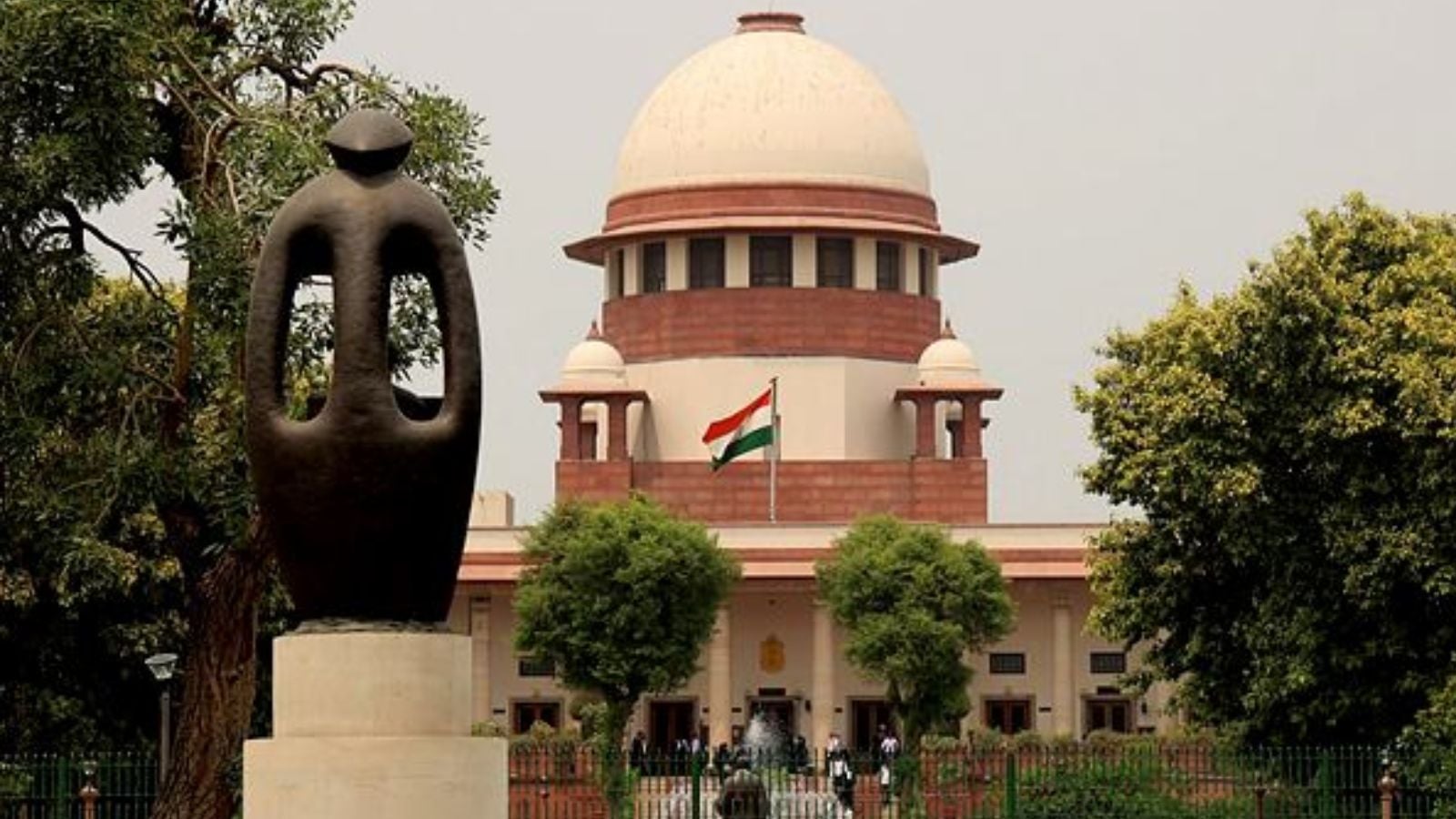 |
|
The Supreme Court of India delivered a landmark ruling on Friday, declaring that the failure to inform an arrested person of the grounds for their arrest constitutes an illegal detention. This decision, stemming from a case involving the Haryana police, firmly establishes Article 22(1) of the Indian Constitution not as a mere formality, but as a mandatory and non-negotiable constitutional right. The court's unambiguous stance mandates the immediate release of anyone unlawfully arrested due to non-compliance with this fundamental right. Justice A S Oka and Justice N K Singh, comprising the bench, unequivocally stated that the omission to inform the arrestee of the grounds of arrest amounts to a violation of Article 22(1) and consequently Article 21, the right to life and personal liberty. This infringement upon fundamental rights renders the arrest void, regardless of subsequent actions such as filing charges or issuing warrants.
The court's reasoning is grounded in the principle that no individual can be deprived of their liberty except through procedures established by law. Article 22(1) is integral to this 'procedure established by law', and its disregard nullifies the legality of the arrest. Justice Oka's judgment emphasized that even a single second of unlawful detention following an arrest without properly informing the arrestee of the reasons constitutes a violation. The court further clarified that the information provided must be comprehensible to the arrested individual and convey the basic facts constituting the grounds for arrest, ideally, in writing. While written communication isn't legally mandatory, the court suggested it would prevent future disputes. The judgment highlights a balance the police must maintain between societal interests and the rights of the arrested, emphasizing the need for strict adherence to Article 22. Crucially, the court rejected the notion that subsequent procedures like filing a charge sheet or a court order could retroactively validate an unconstitutional arrest. The fundamental rights enshrined in Articles 21 and 22(1) remain paramount and inviolable.
The ruling extends its implications to the role of judicial magistrates in remand proceedings. The court stipulated that magistrates have a duty to ascertain whether Article 22(1) has been complied with before issuing a remand. An illegal arrest, a direct consequence of non-compliance, precludes the possibility of remand. This underscores the judiciary's responsibility in upholding constitutional guarantees. Moreover, the court clarified that even in cases with existing statutory restrictions on bail, violation of Articles 21 and 22 automatically grants the arrested person a right to immediate release. The court strongly refuted the practice of merely mentioning arrest grounds in a remand report as sufficient compliance with Article 22(1). The burden of proof for compliance with Article 22(1) always rests with the investigating officer or agency. In a concurring separate judgment, Justice Singh expanded on the necessity of communicating the grounds of arrest to the arrested person's friends, relatives, or nominated individuals. This provision aims to ensure prompt action to secure the arrestee's release by facilitating access to legal assistance and support. This, too, is integral to safeguarding their fundamental right to liberty, enhancing the practical efficacy of the constitutional safeguard.
The Supreme Court's decision in this case sets a significant precedent for law enforcement in India. It unequivocally emphasizes the importance of upholding fundamental rights during arrest procedures. By highlighting the critical nature of informing arrestees about the grounds for their arrest, the court has strengthened the protection afforded to individuals under the Constitution. The decision also underscores the duty of judicial authorities to actively safeguard these fundamental rights and intervene when violations occur. The judgment's clarity on the implications of non-compliance—including immediate release and the burden of proof resting with the investigating agency—promises to significantly impact future law enforcement practices and judicial processes. The emphasis on providing information in a manner accessible to the arrestee, while recommending written communication, reflects a commitment to transparent and fair procedures that respect individual rights. This ruling not only provides a legal framework for addressing such violations but also serves as a strong affirmation of India's commitment to upholding fundamental human rights.
